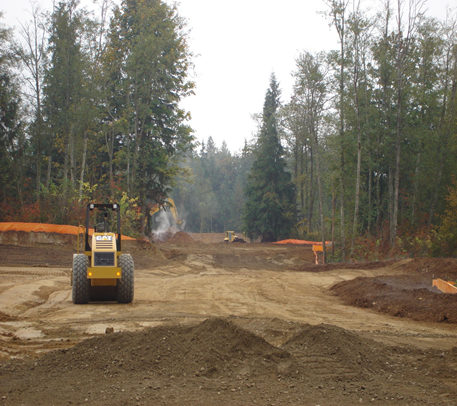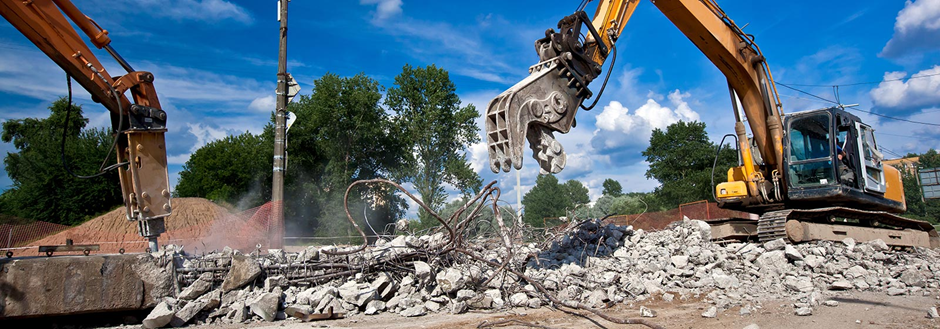Environment management is now the main talk of the day everywhere from international level cascading to regional and national level due to human activities that contribute to the negative consequence to the environment and human health.
The environment was created for life support, provisioning raw materials and for social and economic activities. In Zimbabwe this was supported by the Constitution Amendment No 20 of 2013 Section 73 (Environmental rights) which states that “everyone has the right to an environment that is not harmful to their health or well-being, to have the environment protected for the benefit of present and future generations through reasonable legislative and other means that prevent pollution and ecological degradation, promote conservation and secure ecologically sustainable development and use of natural resources while promoting economic and social development.
Construction companies in Zimbabwe have a duty and responsibility to manage their hazardous and non-hazardous waste through adoption of cleaner production methods.
Construction by nature has significant impacts to the environment including but not limited to:
- Dust
- Noise
- Air emissions (Vehicle and Plant)
- Chemicals (Paint, Solvents and concrete)
- Hazardous waste (used oil, blasting grit)
- Sewage sludge
- Diesel, Petrol, Hydraulic oil which can pollute groundwater
- Construction waste (Concrete rubbles, off cuts of wood & metal)
- Soil erosion
- Loss of biodiversity


The above-mentioned environmental aspects are found during construction stages as from site establishment to site demobilisation, hence promotion of sustainable development becomes paramount.
S.Machisa (AFRISHEQ Solutions Consultancy ) Email: afrisheqs@gmail.com
GMBA, GradSaiosh & Lead Auditor (IMS)


